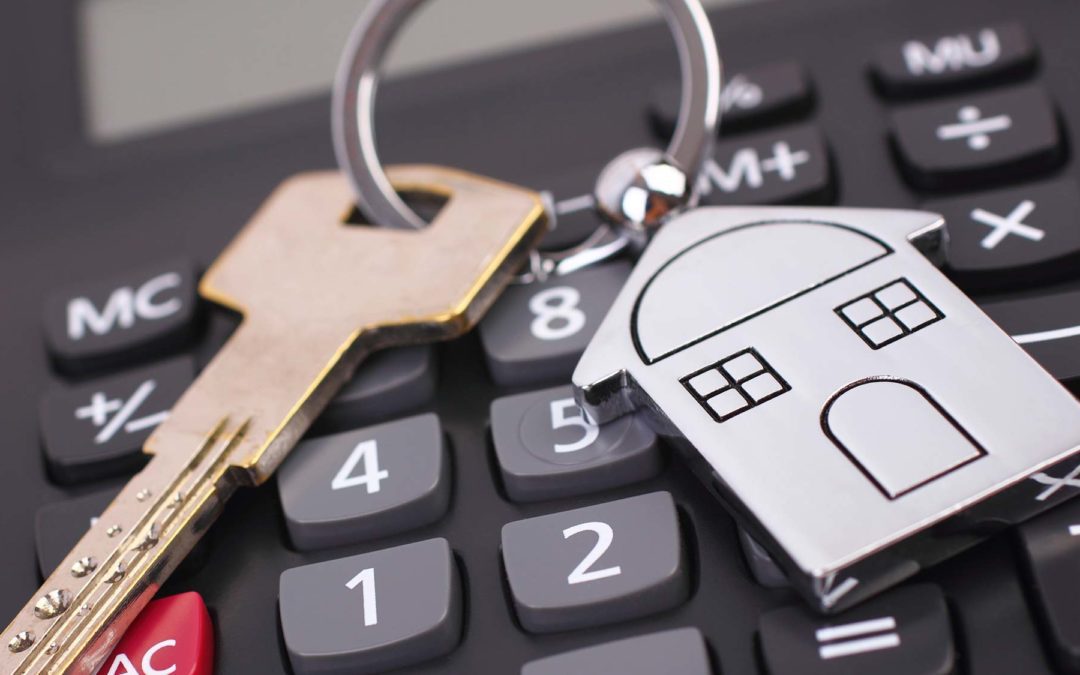Calculate Property Tax, What All Homeowners Should Know: Massachusetts Homeownership Homebuyers
Need to know how to estimate your property tax? You’ve come to the right place! Most people know that homeownership requires coughing up copious amounts of money. There’s your mortgage, of course, but the costs hardly end there. You will also have to pay property tax. If you already own a home, you can look at how your tax is calculated on the most current property tax statement. If you’re considering buying a home, look on the real estate listing for assessment and tax information, or go to the county website to find out the annual property tax.
Be aware that property taxes can change. The assessed value of your house can go up or down, depending on the local real estate market. Your assessment can also rise or fall depending on changes you make to your house for example, if you make additions to your property. And the tax rate can change depending on your local government. Even though the government sends you a tax bill every year and tells you how much you owe in property taxes, it’s important to know how that tax is calculated.
How to calculate property tax
There are a number of factors that come into play when calculating property taxes, from your property’s assessed value to the mill levy (tax rate) in your area. Here’s how to calculate property tax so you don’t end up blindsided by this hefty homeowner expense.
What is a home’s fair market value?
The market value of a home is basically the amount a knowledgeable buyer would pay a knowledgeable seller for a property, assuming an arm’s length transaction and no pressure on either party to buy or sell. When a property sells to an unrelated party, the sales price is generally assumed to be the fair value of the property.
What is a home’s assessed value?
One factor that affects your property taxes is how much your property is worth. You probably have a good understanding of your home’s market value the amount of money a buyer would (hopefully) pay for your place. (You could also enter your address in a home value estimator to get a ballpark figure.) Still, tax municipalities use a slightly different number; it’s called your home’s assessed value.
Tax assessors can calculate a home’s current assessed value as often as once per year. They also may adjust information when a property is sold, bought, built, or renovated, by examining the permits and paperwork filed with the local municipality. They’ll look at basic features of your home (like the acreage, square footage, and number of bedrooms and bathrooms), the purchase price when it changes hands, and comparisons with similar properties nearby.
Sometimes a home’s assessed value will be strikingly similar to its fair market value but that’s not always the case, particularly in heated markets. In general, you can expect your home’s assessed value to amount to about 80% to 90 percent of its market value. You can check your local assessor or municipality’s website, or call the tax office for a more exact figure for your home. You can also search by state, county, and ZIP code on publicrecords.netronline.com. If you believe the assessor has placed too high a value on your home, you can challenge the calculation of your home’s value for tax purposes. You don’t need to hire someone to help you reduce your property tax bill. As a homeowner, you may be able to show how you determined that your assessed value is out of line.
What is taxable value?
The taxable value of your house is the value of the property according to your assessment, minus any adjustments such as exemption amounts.
What’s a mill levy?
In addition to knowing your home’s assessed value, you will need to know another number, known as a mill levy. That’s the tax assessment rate for real estate in your area. The tax rate varies greatly based on the public amenities offered and revenue required by local government. If you have a public school, police force, full time fire department, desirable school districts, and plenty of playgrounds and parks, your property tax rates will be higher than a town without them. (Hey, you get what you’re taxed for!)
Your area’s property tax levy can be found on your local tax assessor or municipality website, and it’s typically represented as a percentage like 4 percent. To estimate your real estate taxes, you merely multiply your home’s assessed value by the levy. So if your home is worth $200,000 and your property tax rate is 4 percent, you’ll pay about $8,000 in taxes per year.
Where to find property taxes
Thankfully, in many cases, you may not have to calculate your own property taxes. You can often find the exact amount (or a ballpark figure) you’ll pay on listings at realtor.com®, or else you can enter a home’s location and price into an online home affordability calculator, which will not only estimate your yearly taxes but also how much you can anticipate paying for your mortgage, home insurance, and other expenses.
The post How To Calculate Property Tax: What All Homeowners Should Know appeared first on Real Estate News & Insights | realtor.com®.
First Time Home Buying in Massachusetts
 MABA Buyer Agents help first time home buyers reduce the stress and frustration normally associated with buying a home or condo – especially for first time home buyers.
MABA Buyer Agents help first time home buyers reduce the stress and frustration normally associated with buying a home or condo – especially for first time home buyers.
As a first time homebuyer in Massachusetts, you can turn to our non-profit organization to help you understand and navigate the complexities of the entire Massachusetts real estate transaction, from mortgage pre-approval until you are handed the keys to your new home or condominium. Each of our member buyer's brokers and agents works only for their buyer-clients and never for the seller of the home or condo that their buyers want to buy.
MABA Buyer Agents will take the time to learn about you and your real estate goals, help you understand your options, including first time home buyer programs, properties and/or condominium associations, estimate real property values and put together a negotiating strategy to help you increase the odds of getting your offer accepted in our competitive Massachusetts real estate market. After advocating to get your offer accepted, your MABA buyer's agent will be there for you at your home inspection and help you protect your deposit through the inspection, purchase & sale and financing contingency periods.
You can buy your first home or condo with confidence knowing that your MABA buyer agent is committed to saving you time and money and helping you make your best home buying decision.
"The MABA agent helped us find the perfect home for us at the right price and we felt extremely good about the final deal."
Article From: "Jamie Wiebe" Read full article
Get Started with MABA
For no extra cost, let a MABA buyer agent protect your interests








